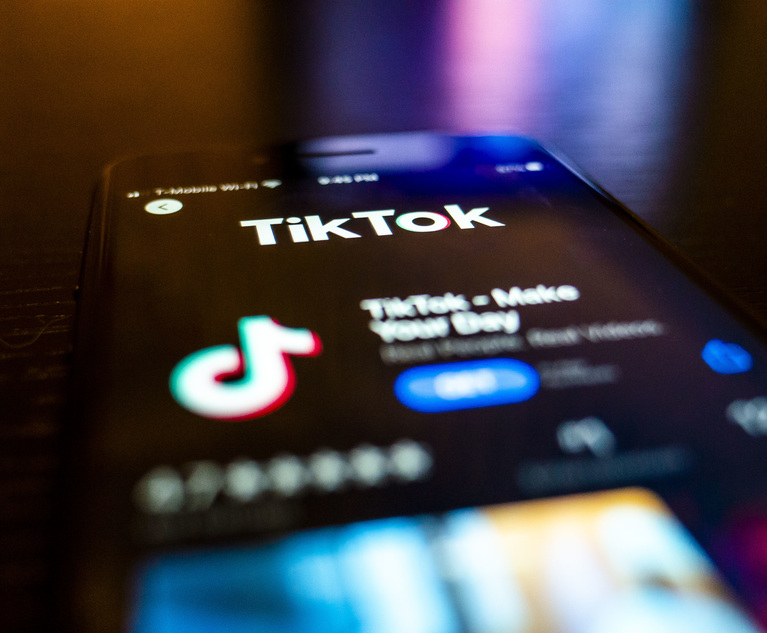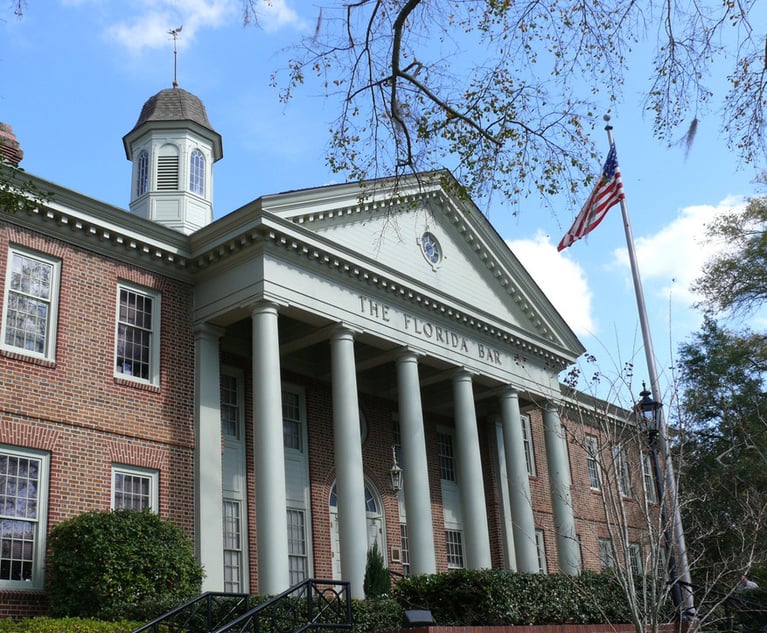Congress enacted the False Claims Act in 1863 without an inkling about today’s vast, internet-based cybersecurity threats. But government agencies appear poised to levy FCA charges against government contractors who aren’t meeting their cybersecurity requirements.
The FCA, in part, holds contractors liable who knowingly submit a false claim to the government or cause another party to provide a false statement to the government. While the law was originally enacted in response to concerns that suppliers to the Union Army during the Civil War were defrauding the government, lawyers contacted by Legaltech News said government agencies will increasingly file FCA charges against government contractors whose cybersecurity practices aren’t matching their contractual obligations.
This content has been archived. It is available through our partners, LexisNexis® and Bloomberg Law.
To view this content, please continue to their sites.
Not a Lexis Subscriber?
Subscribe Now
Not a Bloomberg Law Subscriber?
Subscribe Now
LexisNexis® and Bloomberg Law are third party online distributors of the broad collection of current and archived versions of ALM's legal news publications. LexisNexis® and Bloomberg Law customers are able to access and use ALM's content, including content from the National Law Journal, The American Lawyer, Legaltech News, The New York Law Journal, and Corporate Counsel, as well as other sources of legal information.
For questions call 1-877-256-2472 or contact us at [email protected]








